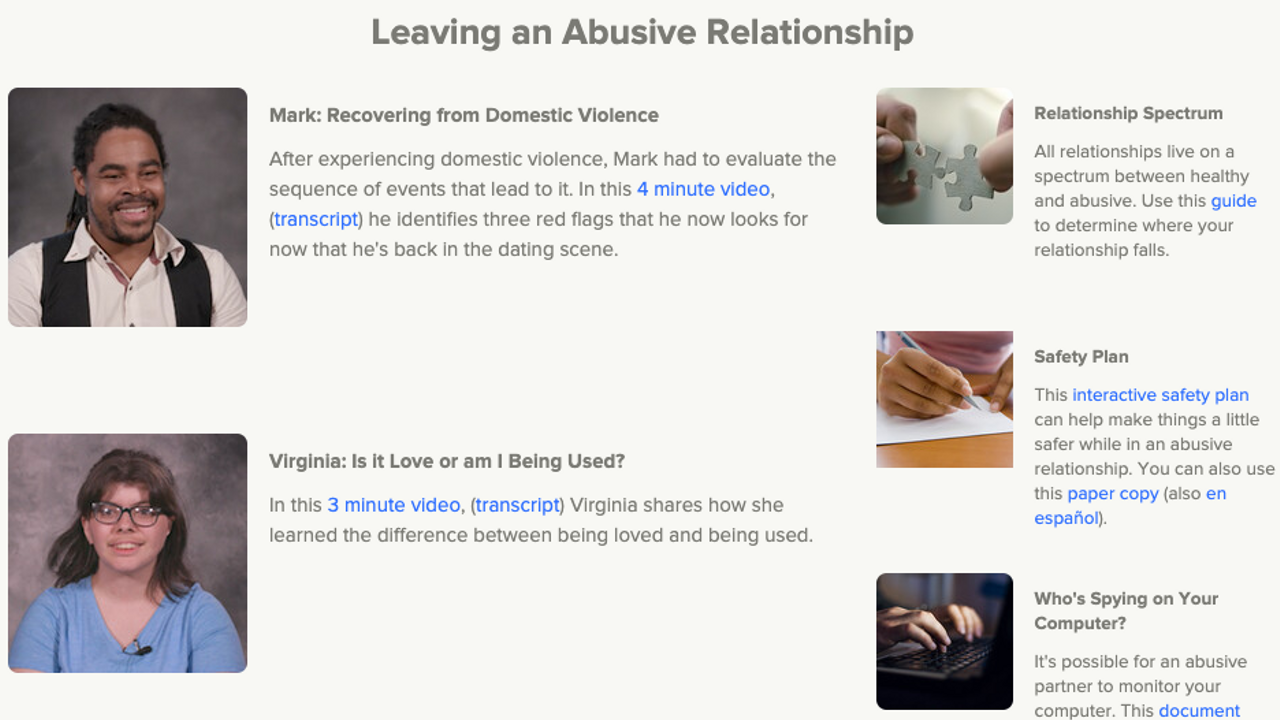What is Recovery Library?
Mar 15, 2021
Willow had just been diagnosed with schizophrenia. It sounded serious, but she didn’t really know anything about it. She and her family spent some time with Dr. Google. On the internet they learned that schizophrenia is a chronic disorder that may get worse over time. They read that work, school and romance should be delayed or even ruled out. These goals could cause stress and lead to a relapse.
That information made Willow and her family feel demoralized. Eventually Willow and her loved ones stopped talking about her hopes and dreams. Instead, they settled for less. Willow hunkered down and existed day-to-day with no goals, and no dreams for her life.
I can relate to that story. When I was a teenager I was diagnosed with schizophrenia. Like Willow, I too heard that schizophrenia was a chronic brain disease. I was told I would never be well enough to finish school or hold a job. Today I have my doctorate in clinical psychology. I am married and our daughter is a young adult. I run my own business and travel the world letting people know recovery is real. The purpose of my life is to spread the good news that those of us diagnosed with serious mental illness can, and do, recover and live lives of high purpose and meaning.
That’s why I created Recovery Library, a one-stop-shop for truly recovery oriented information. Forget the doom and gloom out there on social media and Google. Every asset in Recovery Library has been vetted as being recovery-oriented. You won’t find a prognosis of doom in the library. Instead, there are hundreds of short, 3-min videos in which real people (not actors) share their recovery wisdom. Pastor Andy tells us how he came to understand that mental illness is not a devil disease. Kate shares how her family was helpful and held the hope for her, when she couldn’t hold it for herself. Melissa tells us how work is powerful medicine in her recovery after a diagnosis of paranoid schizophrenia. Brent shares his determination to be the first person diagnosed with schizophrenia to climb Mount Everest. Many of the videos are in Spanish. Every video is also transcribed.
In addition to videos, there are decision support materials to help us prepare to participate in having a voice and a choice when we meet with psychiatrists. There are whole health and cultural/traditional healing videos and resources.
And of course there are Personal Medicine Cards. Personal Medicines are the self care strategies we use to help us practice self-care and get/keep the life we want. In Recovery Library, you will find Personal Medicine Cards for managing distressing voices, managing impulses to self-harm, managing negative thinking, Cards for managing oppression, trauma and the like. These Cards don’t come from a textbook. They come from people like us who want to spread the good news that there are things we can do to help ourselves. We have an inner wisdom and can tap into the healer-within to support our recovery.
Every Monday morning new resources are added to Recovery Library, so it’s always growing in wisdom. Recovery Library works on phones and computers. Because I don’t take money from Big Business and Industry, there are no advertisements in Recovery Library.
An individual subscription to Recovery Library is only $5 a month. There are also options for organizations, including Academy + Library. I urge you to check it out.

